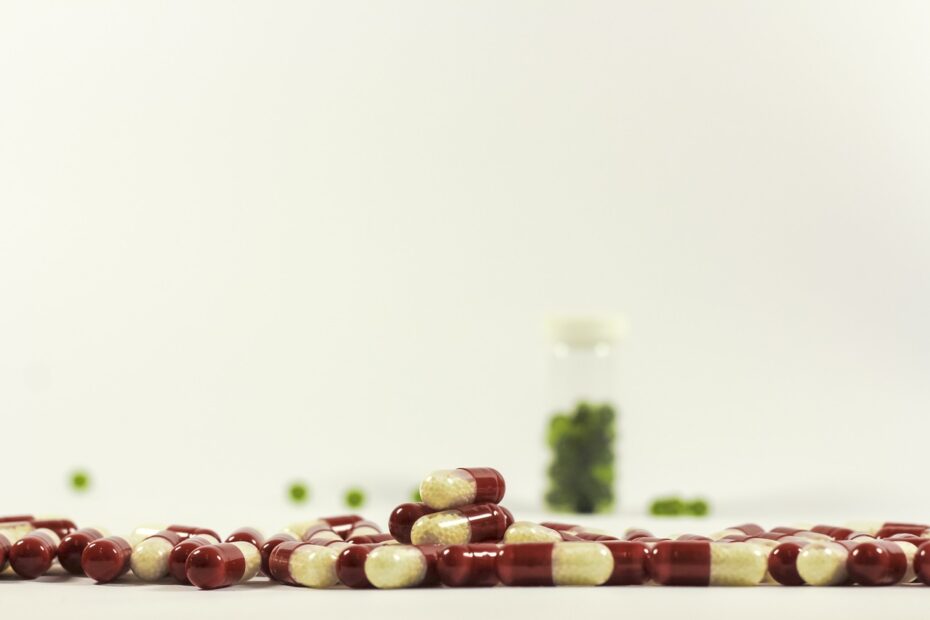In 2057, a bit over a hundred years after painkillers went into mass production, a hundred years of steadily increasing demand which fueled the wealth of hundreds of pharma families, the analgesic industry experienced its first year of negative growth. The first domino in the series of events that lead to an eventual disruption of modern healthcare. All due to Vesna Remedies.
While big pharma continued a century-long tradition of creating drugs that addressed symptoms, Vesna Remedies, a decentralized bioengineering community, worked on enhancing the body’s natural regenerative abilities.
During the spring of 2052, Vesna Remedies patented the “cellular restoration amplification technique”, now known to almost any human as “the procedure”. Shortly after, they ran a clinical trial, aimed at investigating whether Parkinson’s patients would be more responsive to then-standard treatment for the disease after going through the procedure.
The results made up the biggest piece of medical-scientific history to date.
The treatment group showed remarkable improvements. The extraordinary part is that the effect in the placebo group was the same. The only thing the procedure needed to be effective is the expectation that it is going to work.
3 years after, sugar pills in brightly coloured boxes were sold under labels for most diseases. They worked. Even after the big pharma campaigns exposed them as sugar pills, they still worked.
In the end, belief turned out to be the strongest drug.
————————————————————————————————————————
The above is fiction. But it has solid grounds. Most people equate the placebo effect to no effect, but that’s far from the truth. Findings on the placebo effect provide compelling evidence of its potency and reveal that the positive outcomes of a placebo treatment are not merely the result of psychological perception.
In fact, observable physical changes occur in individuals receiving a placebo, comparable to those experienced by patients taking active medications. And no one knows why. The placebo effect is one of the most mysterious things in modern science.
What’s even more fascinating, is that placebos seem to work even if you know you are taking a placebo. And once you start believing in the effect, the effect becomes even more reliable, making you believe even more in the effect and so forth.
But even if it was “just in your head”, so what?
If it feels real, it is real.

